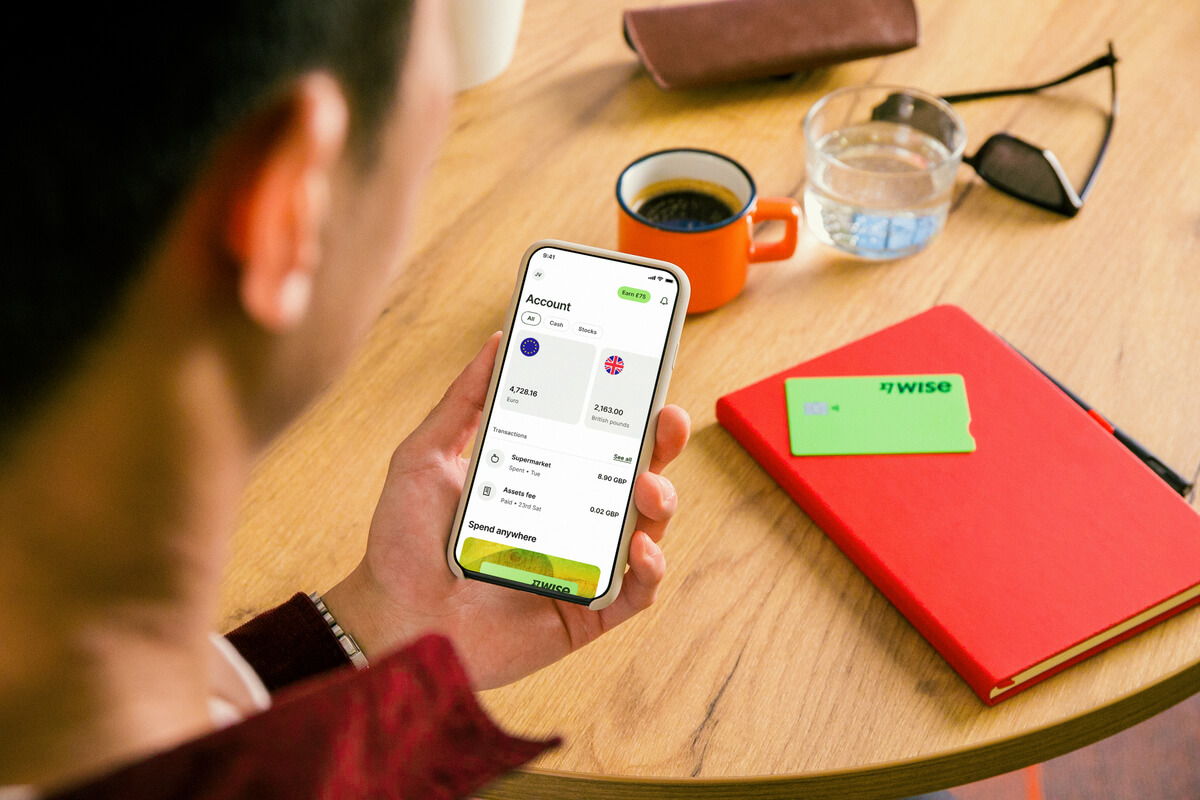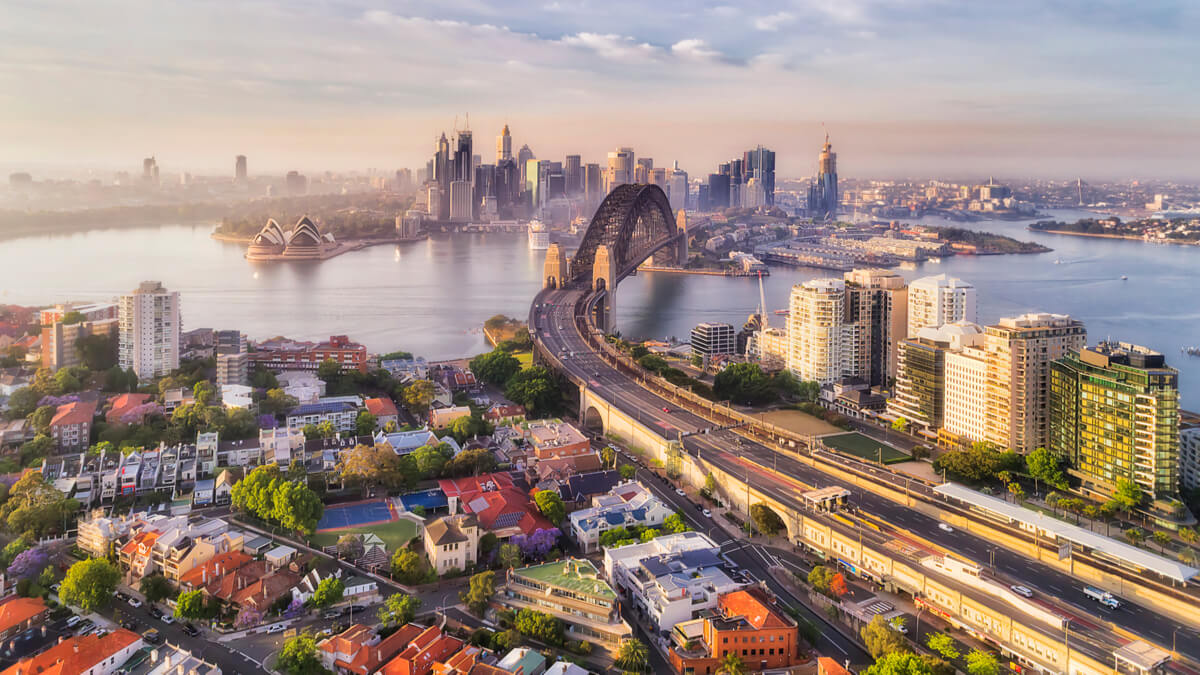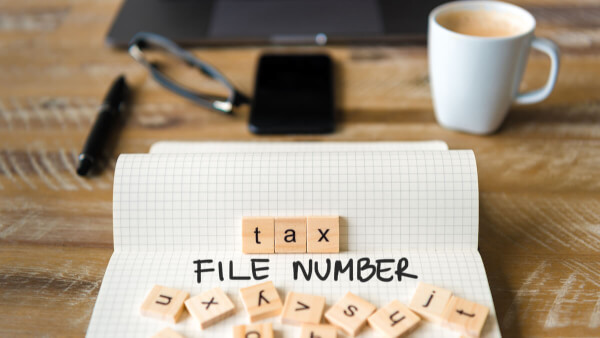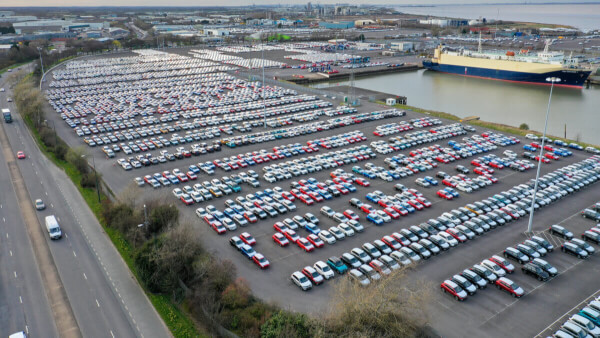Japanese international schools in Sydney. A quick guide
If you’re a Japanese expat looking to move to the Sydney area, you may be interested in looking for a Japanese school for your children. You may be keen for...

There are many reasons to consider moving to a new country. You may move abroad for work, to study, to follow love or to retire, but whatever the reason, it’s important to learn about the country you’re moving to before you take the plunge and start a new life.
Australia is well known for its quality of life, amazing beaches and bustling metropolitan areas. But what are the real pros and cons of living down under? Read on to find out.
There are many upsides to calling the land down under your new home — there are reasons, after all, that Australia is a top destination for expats from all over the world. There are the obvious ones, like beautiful beaches, friendly people, stunning natural scenery and all that sunshine. Australians also speak English, making things easy for immigrants from the US, UK and others with great English skills. But what other factors need to be considered?

Australians are known around the world for being friendly and outgoing, and they extend that hand of friendship to the expats in their midst. Newcomers will find welcoming, friendly faces in the Land Down Under.

Public school up to grade 12 is free for all Australian residents, and textbooks are generally provided. US News and World Report ranks Australia’s public school system fourth in the world, above the United States, France and even Switzerland. Private schools in Australia can be pricey (think anywhere from A$23,000 - A$37,000 for a year of school), but you can know your child is getting one of the highest quality educations in the world.

Australia has a strong service sector and the fifth-ranked per capita GDP in the world. The economy in the Land Down Under is healthy, so jobs are plentiful. Which means getting an Australian work visa may be more possible than you’d think.

100% of Australian citizens are covered by Medicare, the tax-funded public healthcare plan. High earners are encouraged to also purchase private health insurance, but the Medicare system ensures that no one is stuck paying out-of-pocket for necessary medical care. While those who earn above a certain threshold must either purchase private health insurance or pay an extra tax, private insurance is extremely affordable — around A$2000 a year for a single person. Australia has many public and private hospitals.

Once you’re a permanent resident, getting Australian citizenship is more straightforward than in many other countries. If you have an Australian parent or are already a permanent resident, you may be in luck. You’ll have to prove you’ve lived in Australia for the previous 4 years and that you’re fluent in English. Then you will need to pay the fees (A$40-A$285) and pass a citizenship test.
Of course, no place is perfect. Australia has its downsides, too, and more than just some truly terrifying wildlife.

Australia has the 12th highest cost of living in the world, with the US and the UK well behind it at 21st and 23rd, respectively. Housing and groceries, in particular, tend to be more expensive in Australia than in many other places around the world. And Australia has one of the most overheated housing markets in the world right now, with steeply rising housing prices, especially in major cities like Sydney and Melbourne.

Australia is known for its tough immigration laws, and there are many variants to its work visa program, making it a complicated and sometimes daunting process to obtain the right to work in Australia. The exact process you’ll need to follow to get a visa varies depending on the kind of work you do, how long you plan to be in Australia and other factors that help determine which visa type you need to apply for. Luckily, the Australian government’s website spells out the different types of visas and their requirements.

It’s not easy for anyone to get a mortgage in Australia, and foreigners can expect even tougher standards. First, you’ll have to seek approval from the Foreign Investment Review Board. Then, you’ll have to find a bank that even offers mortgages to foreign investors — many of Australia’s large banks don’t. Non-residents of Australia can expect interest rates of up to 8%, and a maximum loan to value ratio of around 70%. A hefty downpayment for most people. As an expat, owning property in Australia will probably be an uphill battle.

Australia is huge, and its major cities aren’t close to one another. Then there’s the fact that Australia is so far from other parts of the world — the distance and time differences can leave expats especially from the US and UK feeling extremely disconnected from the family and friends they left behind.

When you send money overseas using a traditional money transfer service or even your bank, you could get stuck paying for a 4-5% markup on the exchange rate — essentially, a hidden fee that lets the bank or money transfer service profit off your transfer. There has to be a better way, right? Wise is cheap, fast, and easy alternative to traditional bank transfers. With Wise, you can move money internationally at the real mid-market rate, or the exact exchange rate you see when you Google it. All you have to pay is a small, fair transfer fee that’s spelled out upfront.
Wise also offers borderless multi-currency accounts, which allow users to send, receive and manage money in multiple global currencies all at once. Beginning in 2018, borderless account holders will have access to consumer debit cards, making it even easier to access your money from anywhere in the world.
With all these considerations in mind, does Australia still sound like the place for you? Even though it has its downsides, nowhere is perfect. Australia has many pros to go with its cons, and it could be the new home you’ve been looking for. Wherever in the world you end up, good luck with your move!
*Please see terms of use and product availability for your region or visit Wise fees and pricing for the most up to date pricing and fee information.
This publication is provided for general information purposes and does not constitute legal, tax or other professional advice from Wise Payments Limited or its subsidiaries and its affiliates, and it is not intended as a substitute for obtaining advice from a financial advisor or any other professional.
We make no representations, warranties or guarantees, whether expressed or implied, that the content in the publication is accurate, complete or up to date.

If you’re a Japanese expat looking to move to the Sydney area, you may be interested in looking for a Japanese school for your children. You may be keen for...

Looking to move to Sydney and want to know the various costs of living? Here’s what it costs to live in Sydney.

Looking to move to Melbourne and want to know the various costs of living? Here’s what it costs to live in Melbourne.

If you’re an Australian citizen, or if you live and work in Australia as an expat, then you’ll likely want to get a tax file number (TFN). Having a TFN helps...

Looking for student job ideas you can do while you study in Australia, here are some for you as well as what you need to know to get started.

If you’re making the move to Australia from the UK or have an appreciation for British cars, then you might be considering importing a car. This article will...